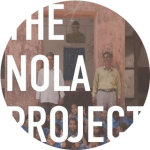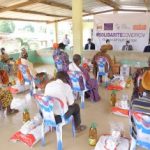Given that PhiLab is a Network, international research units can become associated with the project.
Associated units are autonomous in their research project choices. However, they must initiate projects that are related to PhiLab’s interests.
Observatory: International Research Units

The NOLA Project
NOLA Foundation est un fonds philanthropique canadien qui porte une vision humaniste d’un monde plus équitable et plus inclusif en faveur des populations vulnérables dans le monde. Acteur de l’écosystème ...

Philanthropy and the arts in Australia
The arts are an important part of life in Australia, despite the country’s reputation as being sports mad. In 2019-2020 cultural and creative activity contributed $122 billion to the economy ...

Exploring historical roots of philanthropy for the arts in Europe
Cultural philanthropy (or “philanthropy for the arts”), conceived as any act of altruism that sustains the arts and culture, is intertwined with the rise and growth of civil society in ...

Artificial intelligence is coming for philanthropy
You probably feel like you have heard a lot recently about artificial intelligence, like ChatGPT – the powerful chatbot from OpenAI that has gained 100 million users since its launch ...

Harnessing AI for Good: Streamlining Nonprofit Operations
Alongside their passionate goals and tireless pursuit of their missions, nonprofits often grapple with the daunting task of managing complex administrative processes. We have all heard and used the phrase ...

La philanthropie ivoirienne à l’épreuve de la COVID-19 : de l’engagement aux difficultés rencontrées
Le présent article retrace le rôle joué par la philanthropie ivoirienne pendant la période COVID-19. Il témoigne de l’engagement de la philanthropie durant cette période et des pratiques nouvelles ayant ...

